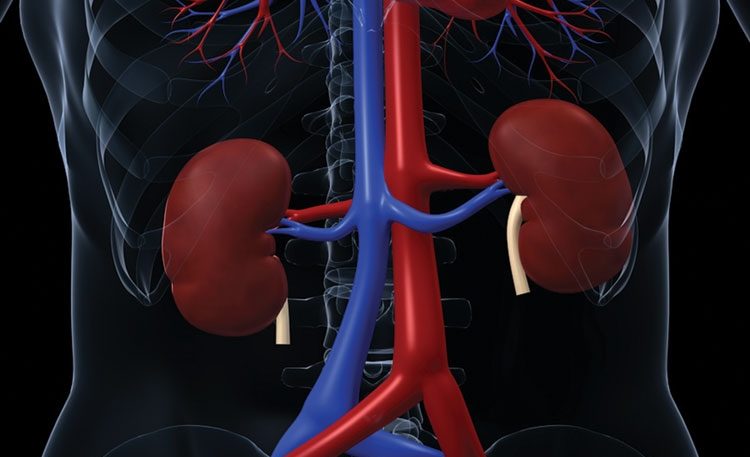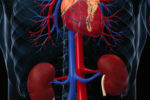Around 2.9 million people in the UK have moderate-to-severe kidney disease. Estimated glomerular filtration rate (eGFR) can help to identify patients at high risk of cardiovascular disease (CVD) and improve the prevention and management of chronic kidney disease (CKD). In this article, we explain why it is important to detect CKD early, how eGFR is calculated and how to reduce risk in patients found to have impaired kidney function.
























